detail profile peter henry arnatsiaq
Peran Yang Di Mainkan Peter-Henry Arnatsiaq
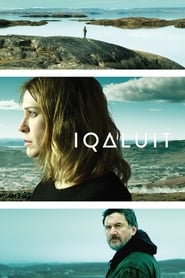 Travelling to the Arctic for the...
Travelling to the Arctic for the...Iqaluit 2016
Travelling to the Arctic for the first time, Carmen arrives in Iqaluit to tend to her husband, Gilles, a construction worker who has been seriously injured. Trying to get to the bottom of what happened, she strikes up a friendship with Noah, Gilles' Inuk friend, and realizes they share a similar story. Together, Carmen and Noah head out on the Frobisher Bay - she, looking for answers to her questions; he, trying to stop his son from committing what can't be undone.
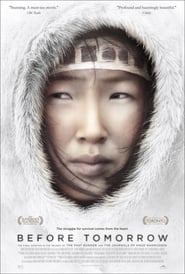 Two isolated families meet for a...
Two isolated families meet for a...Before Tomorrow 2008
Two isolated families meet for a summertime celebration. Food is abundant and the future seems bright, but Ningiuq, a wise old woman, sees her world as fragile and moves through it with a pervasive sense of dread. Ningiuq and her grandson Maniq are dropped off on a remote island, where, every year, the family dries the catch and stores it for winter. The task is soon finished. As summer turns to fall, they wait in vain for the others to pick them up.
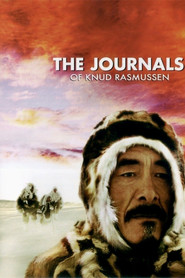 Based on the journal of Knud...
Based on the journal of Knud...The Journals of Knud Rasmussen 2006
Based on the journal of Knud Rasmussen's "Great Sled Journey" of 1922 across arctic Canada. The film is shot from the perspective of the Inuit, showing their traditional beliefs and lifestyle. It tells the story of the last great Inuit shaman and his beautiful and headstrong daughter; the shaman must decide whether to accept the Christian religion that is converting the Inuit across Greenland.
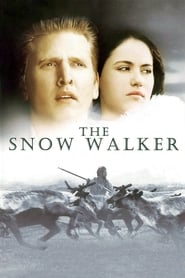 A bush pilot in nothern Canada...
A bush pilot in nothern Canada...The Snow Walker 2003
A bush pilot in nothern Canada who with the aid of modernity thinks he can handle it all & knows it all. After reluctantly agreeing to transport a local indian girl to a medical facility his light plane crashes & they have to survive whilst finding their way back to civilization. Along the journey the man finds a new respect for the native ways as they battle to survive the elements.
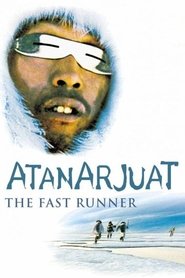 Based on a local legend and...
Based on a local legend and...Atanarjuat: The Fast Runner 2002
Based on a local legend and set in an unknown era, it deals with universal themes of love, possessiveness, family, jealousy and power. Beautifully shot, and acted by Inuit people, it portrays a time when people fought duels by taking turns to punch each other until one was unconscious, made love on the way to the caribou hunt, ate walrus meat and lit their igloos with seal-oil lamps.

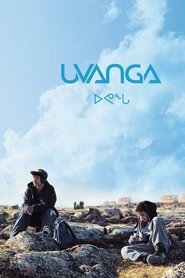 Anna is nervous when she and...
Anna is nervous when she and...